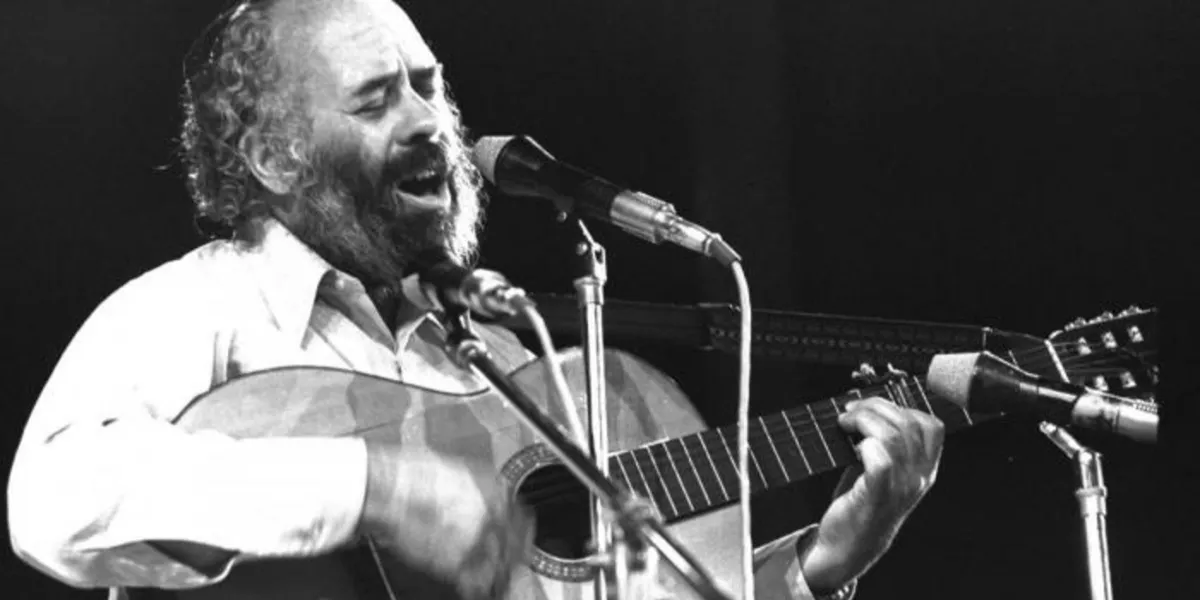I met Rabbi Shlomo Carlebach when I was 10 years old.
Our Hebrew school teacher in Philadelphia brought him to sing for our fifth grade class.
It was more than singing that concerned our teacher.
Our teacher had become a devotee of Chabad-Lubavich and was concerned while we were Jewish in our fifth grade class in Philadelphia, he was concerned that we really know too much about Judaism.
He wanted to excite us and we had a special request.
The special request was that Christmas was coming and we were always forced to sing Christmas carols in public school and we wanted to learn some Jewish songs.
All we knew was Hava Nagila and Zoom Gali Gali.
So he brought us Shlomo Carlebach to teach to teach us a couple sessions He taught us Borchi Nafshi, Vechulom Mekablim, Essa Einai, were very nice songs.
But more than that he got a spirit into us, which was very important.
To sing with our soul. Over the years I got to know him and all kinds of different contexts.
When I worked with youth, I would bring Shlomo to work with me.
A month before he died, Shlomo spent Shabbat near us in Efrat where we live. I brought my then 12 year old son, Noam, to meet Shlomo to ask him if he would be the cantor when Noam would soon become Bar Mitzvah. Shlomo ready agreed. And then it occurred to me In my 34 years of knowing Shlomo, I had never asked him a question. How do you get started?
I got the answer. Perhaps this was the last interview with Shlomo
Shlomo told got involved with all this outreach.
He mentioned that his father brought him to a DP camp after World War II, where they organized an improvised Succah for people from the DP camps who had survived the concentration camps. It was a very exciting week of Succot. During that stse holiday, a distressed man stood outside , screaming at the succah, even throwing rocks, very upset about what was going on.
At the end of Sukkot, Shlomo approached the distressed follow in the DP camp who had disrupted the sukkah and asked him: Why didn’t you come in? He said that he stood outside the sukkah because at no one asked him to come in.
Shlomo said that he realized that he made a mistake that would carry him for his entire life.
Shlomo said that he must not be like Job, who was very hospitable and known for his hospitality, and wait for people to come and see you.
Shlomo said that it was then that he understood then that you must be like Abraham and sit outside of the tent event and bring people in. And that is the how Shlomo learned his first lesson of outreach.
Unless you invite people to come in, they will stay away.
That distressed man in the DP camp helped Shlomo start h**is career which became a legacy.
Shlomo would not make it to Noam’s Bar Mitzvah. I once asked Noam what e remembered from that encounter. “He kissed me on my forehead. I never forgot that”
Excerpted from DAVID BEDEIN’s forthcoming book, FIFTY ENCOUNTERS IN FIFTY YEARS









